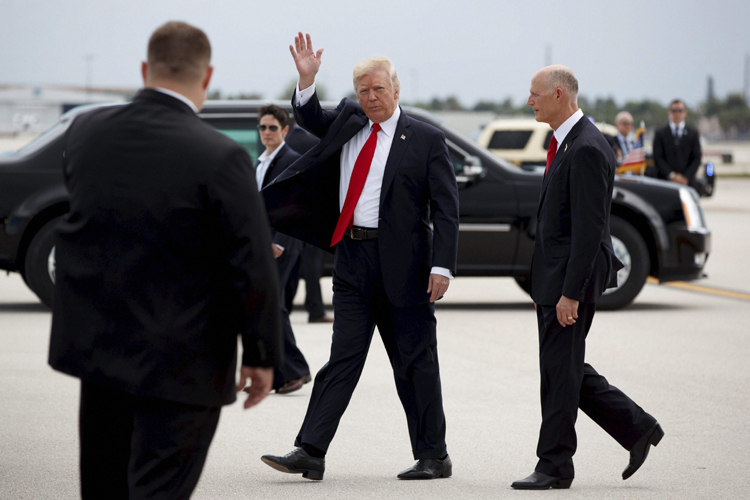Former U.S. President Donald J. Trump has revived a signature policy from his first term, announcing sweeping travel restrictions on citizens from 19 countries, including a full travel ban on 12 nations and heightened restrictions on seven others. The directive, which takes effect on Monday, June 2, 2025, at 12:01 a.m., marks a renewed focus on immigration and national security amid growing global tensions.
In a video statement posted on social media, Trump linked the move to the recent terror attack in Boulder, Colorado, suggesting that the threat of visa overstays poses a direct risk to American lives. Although the attacker in that incident was Egyptian—a nationality not included in the ban—Trump cited systemic failures in U.S. visa and screening protocols.
“We don’t want them,” Trump said, referencing countries with poor vetting standards and high rates of visa overstays.
Countries Affected
The full travel ban applies to citizens from the following 12 countries:
-
Afghanistan
-
Myanmar
-
Chad
-
Republic of Congo
-
Equatorial Guinea
-
Eritrea
-
Haiti
-
Iran
-
Libya
-
Somalia
-
Sudan
-
Yemen
Additionally, travelers from seven countries will face heightened restrictions:
-
Burundi
-
Cuba
-
Laos
-
Sierra Leone
-
Togo
-
Turkmenistan
-
Venezuela
According to Trump, the decision was informed by a Homeland Security report that tracks visa overstays by tourists, business travelers, and students. The administration contends that many of the listed countries lack credible institutions to verify identity documents or cooperate on deportations.
Backlash Over Afghanistan, Haiti Inclusion
The inclusion of Afghanistan drew immediate backlash from advocacy groups and veterans who helped resettle thousands of Afghans under the Special Immigrant Visa (SIV) program. Although exemptions exist for SIV holders, critics say the ban dishonors the legacy of Afghans who stood by U.S. forces during the 20-year war.
“To include Afghanistan — a nation whose people stood alongside American service members for 20 years — is a moral disgrace,” said Shawn VanDiver, president of #AfghanEvac.
Trump defended the decision, claiming Afghanistan lacks a “competent or cooperative central authority” to ensure national security.
Haiti also faced its first ban under Trump, with the former president citing high visa overstay rates and a lack of law enforcement cooperation. The country continues to grapple with extreme poverty, political collapse, and gang control over most of Port-au-Prince.
Global Response and Humanitarian Criticism
International aid agencies and rights organizations swiftly condemned the move. Oxfam America President Abby Maxman criticized the order as politically motivated, stating:
“This policy is not about national security — it is about sowing division and vilifying communities that are seeking safety and opportunity.”
The travel ban stems from a January 20 executive order that directed the Departments of State and Homeland Security, along with the Director of National Intelligence, to assess which countries posed a national security risk based on their “hostile attitudes” toward the United States.
Historical Context
The new ban echoes Trump’s controversial 2017 executive order that barred citizens from seven predominantly Muslim countries, leading to widespread airport chaos and legal battles. The revised version, upheld by the U.S. Supreme Court in 2018, later expanded to include North Korea and select Venezuelan officials.
Despite legal and public outcry, Trump maintains the bans are essential tools in protecting America from foreign threats and illegal immigration.
As the new restrictions take effect, U.S. embassies and airports worldwide are expected to brace for disruptions, while advocacy groups prepare to challenge the measure in court.


